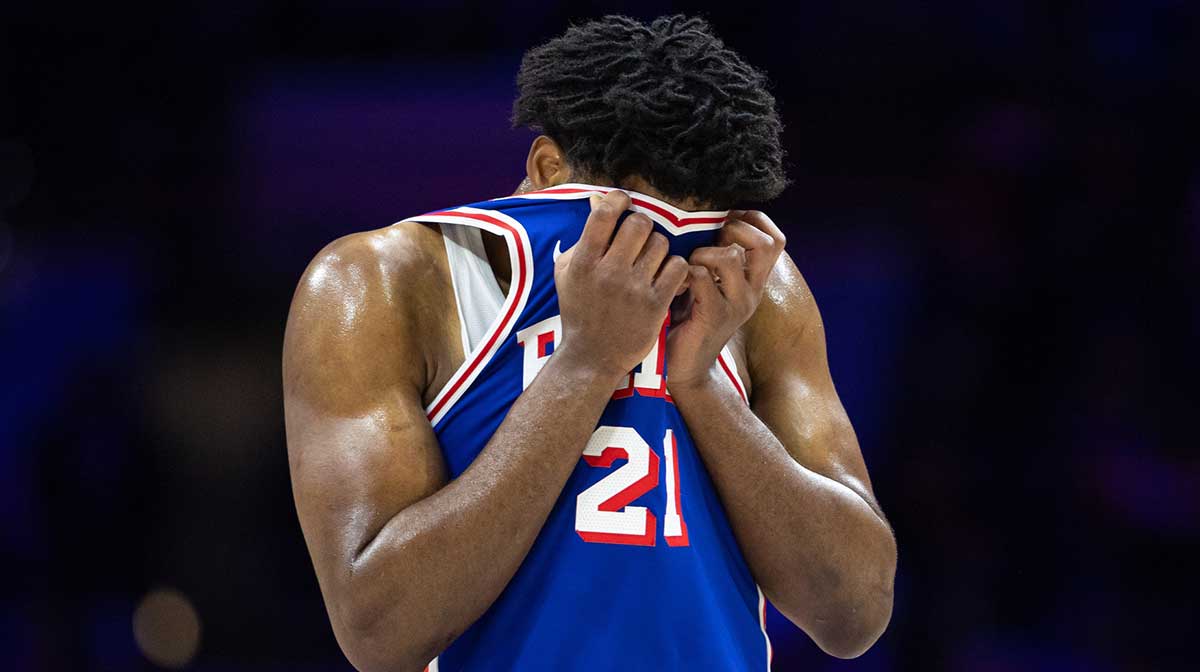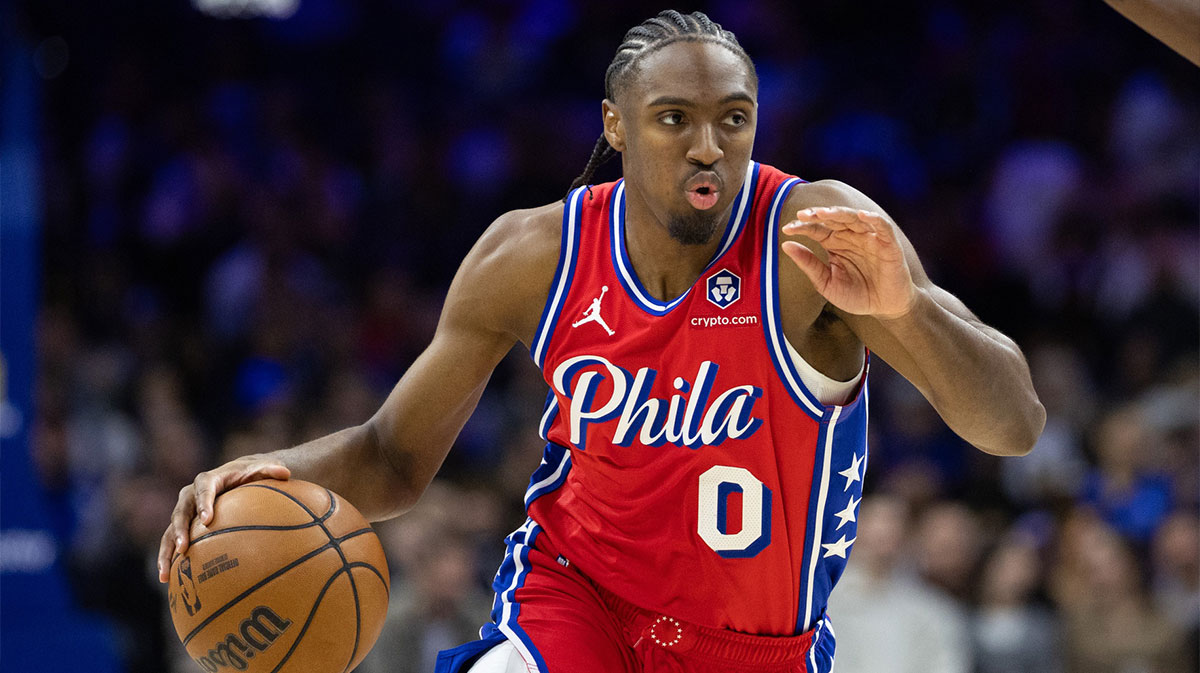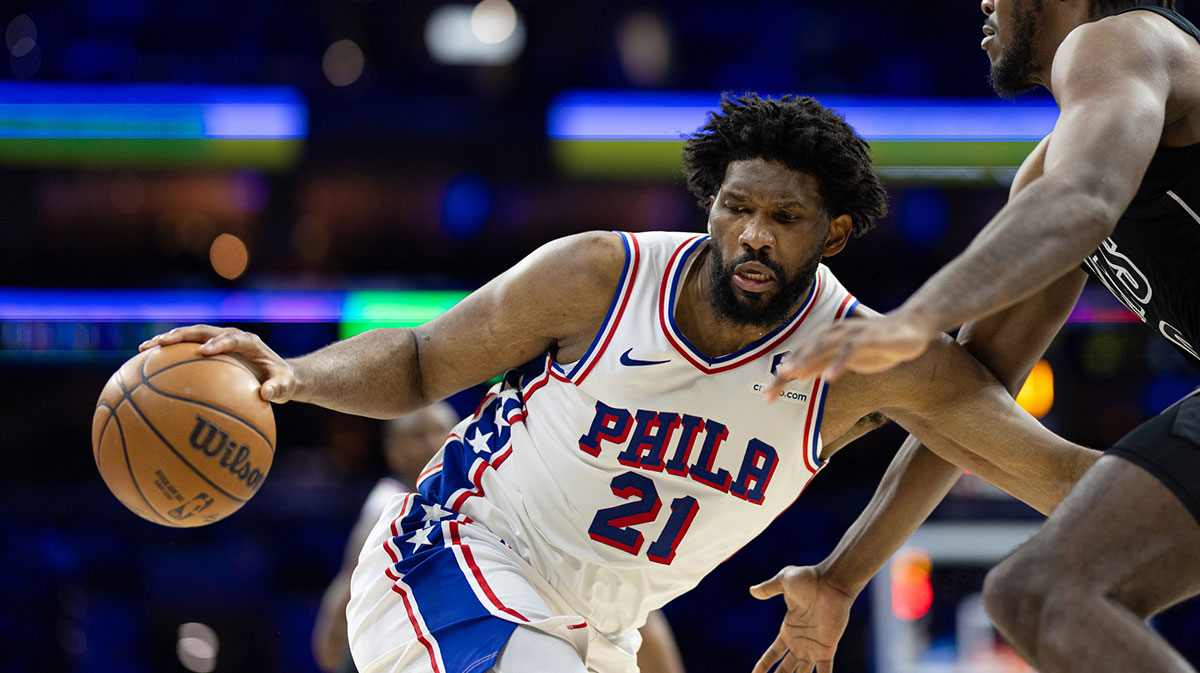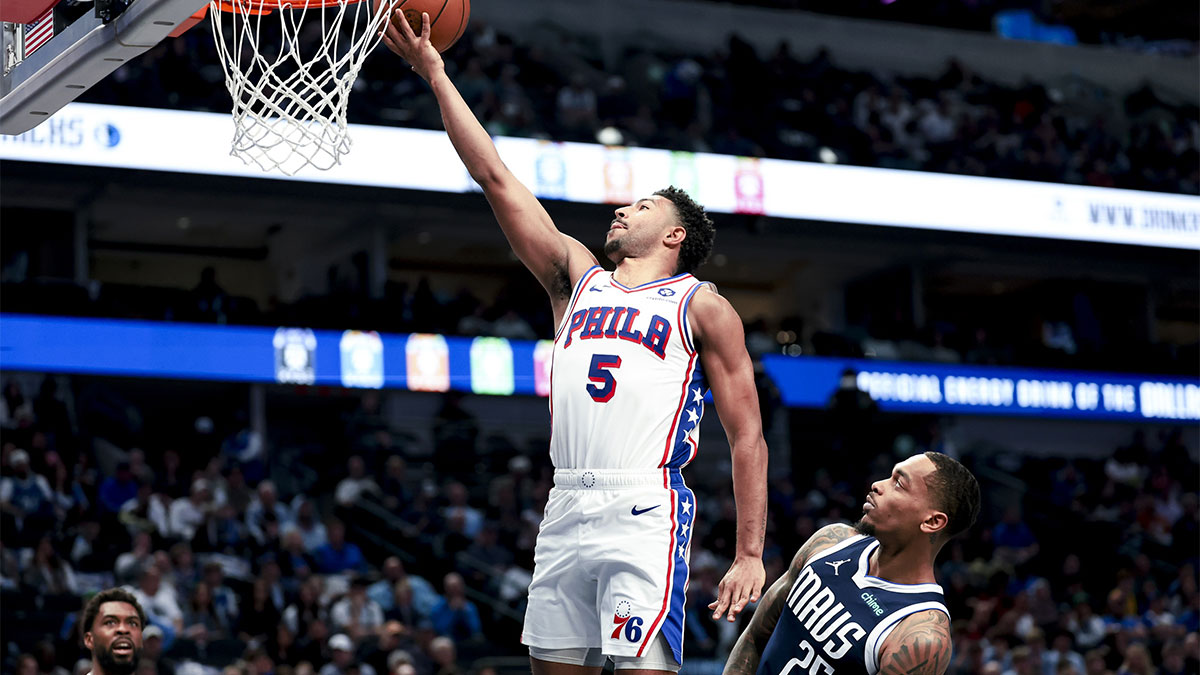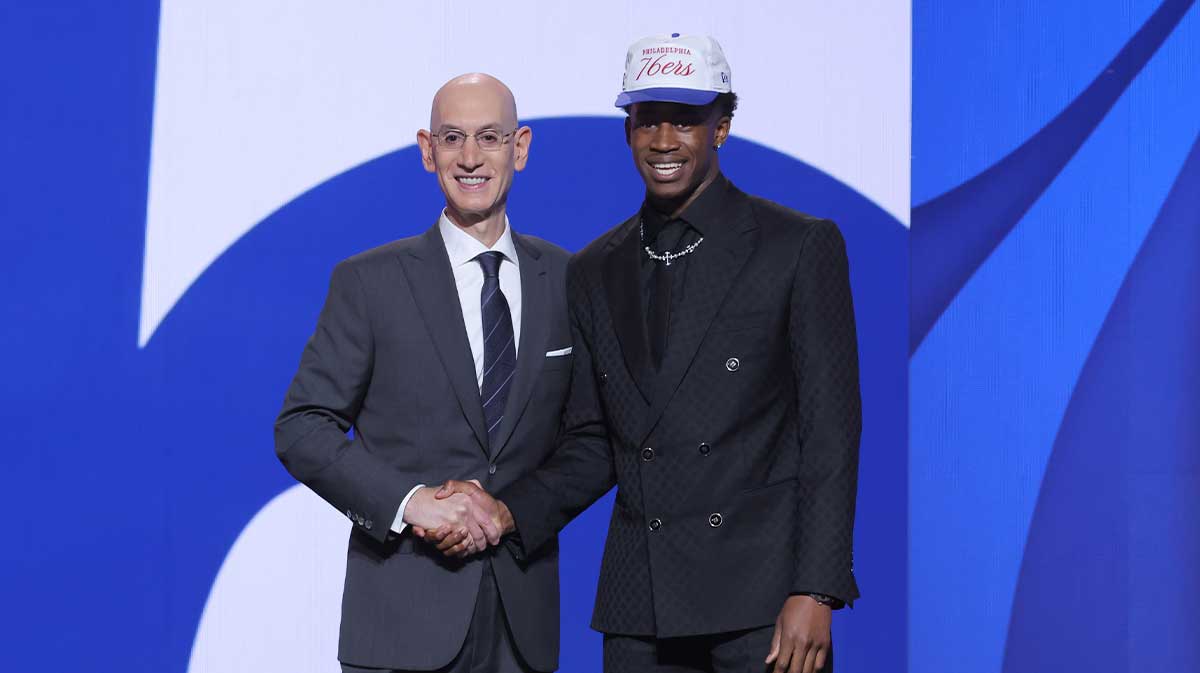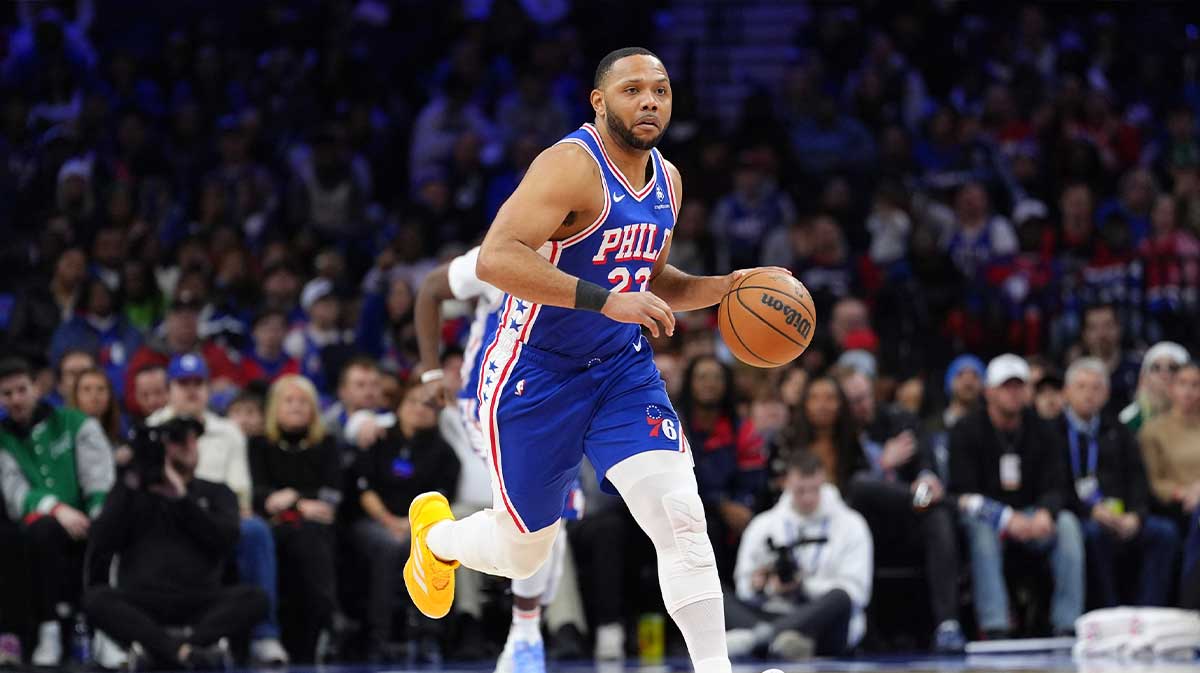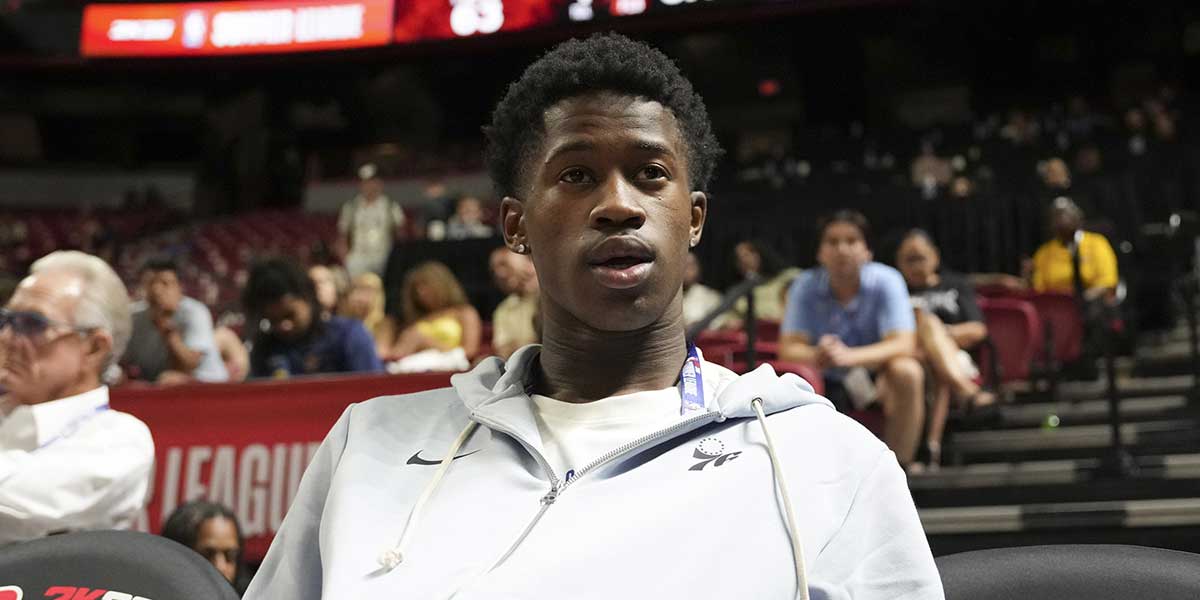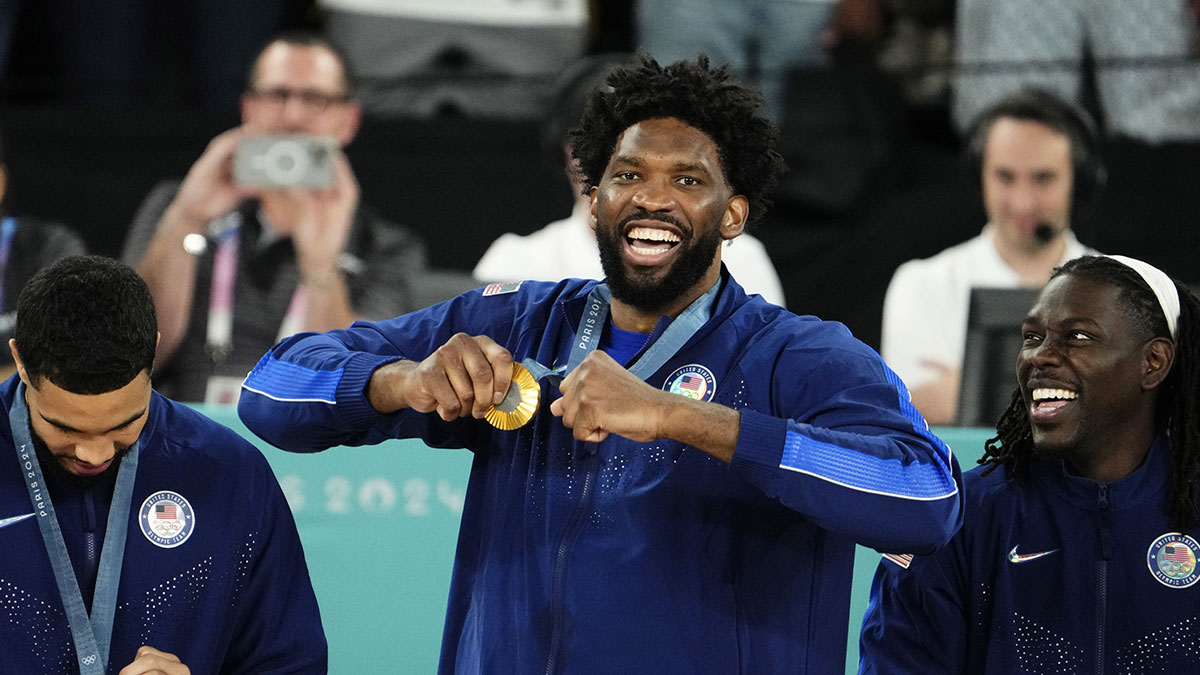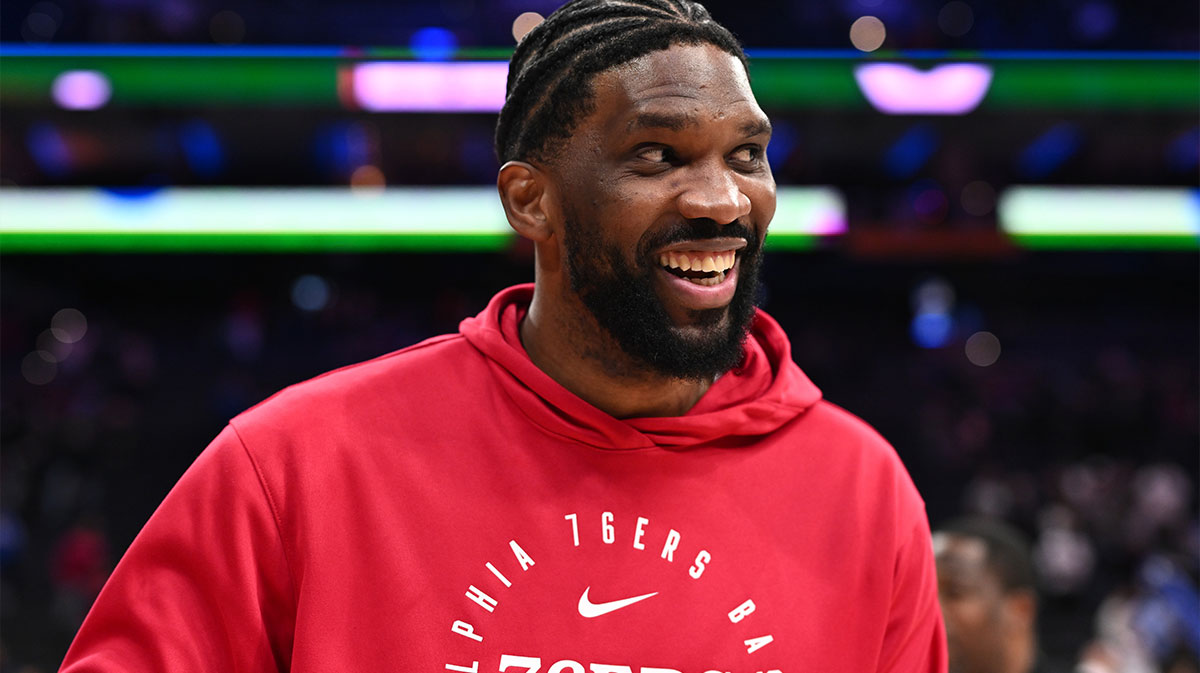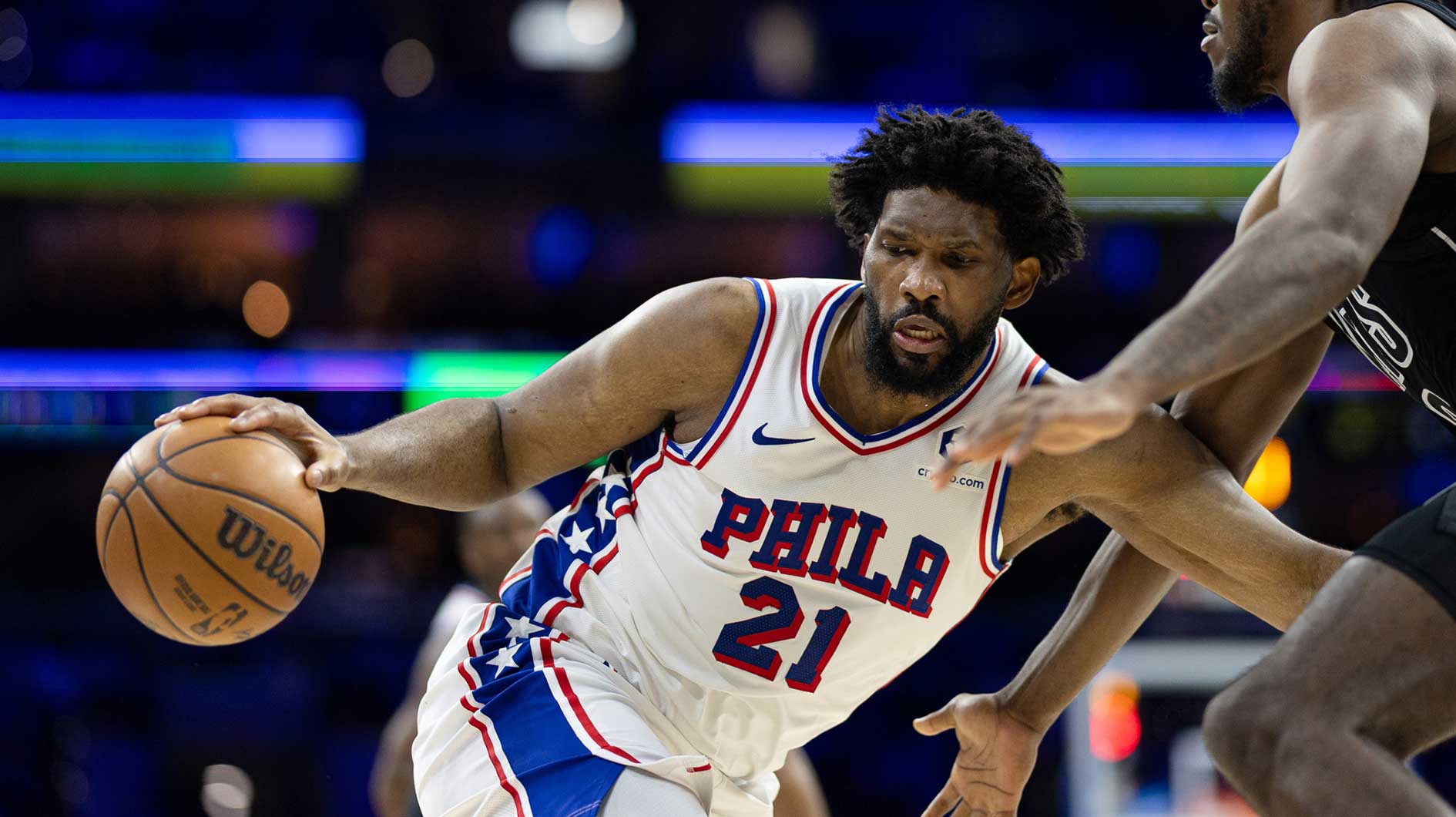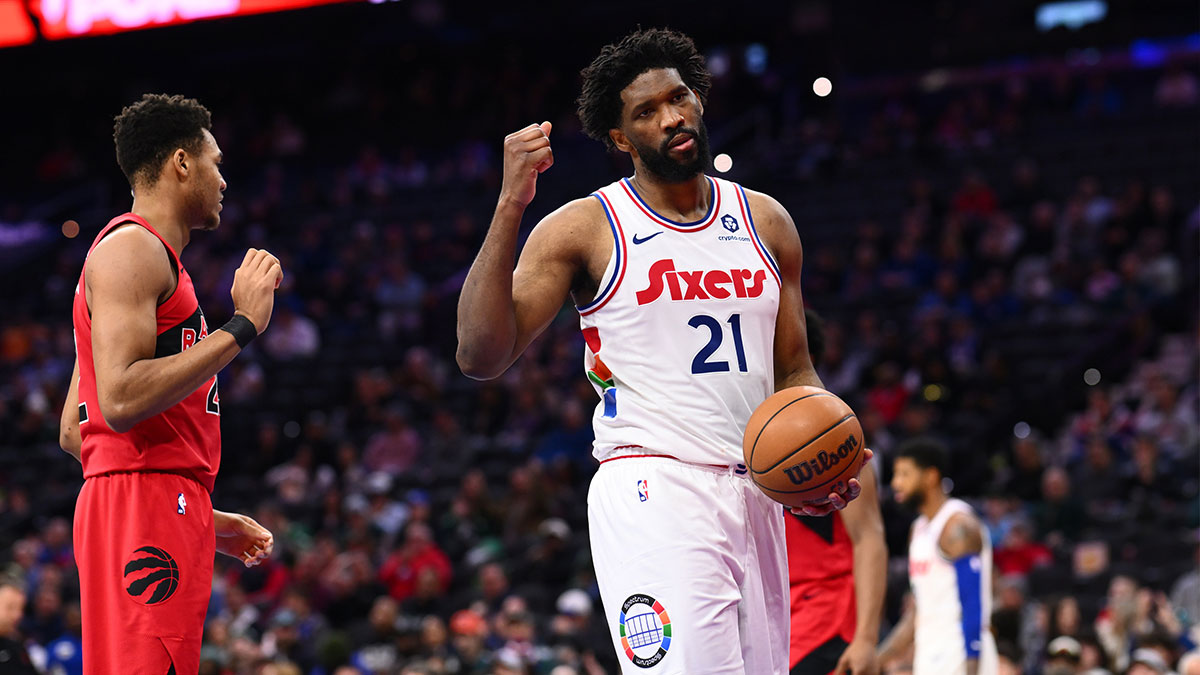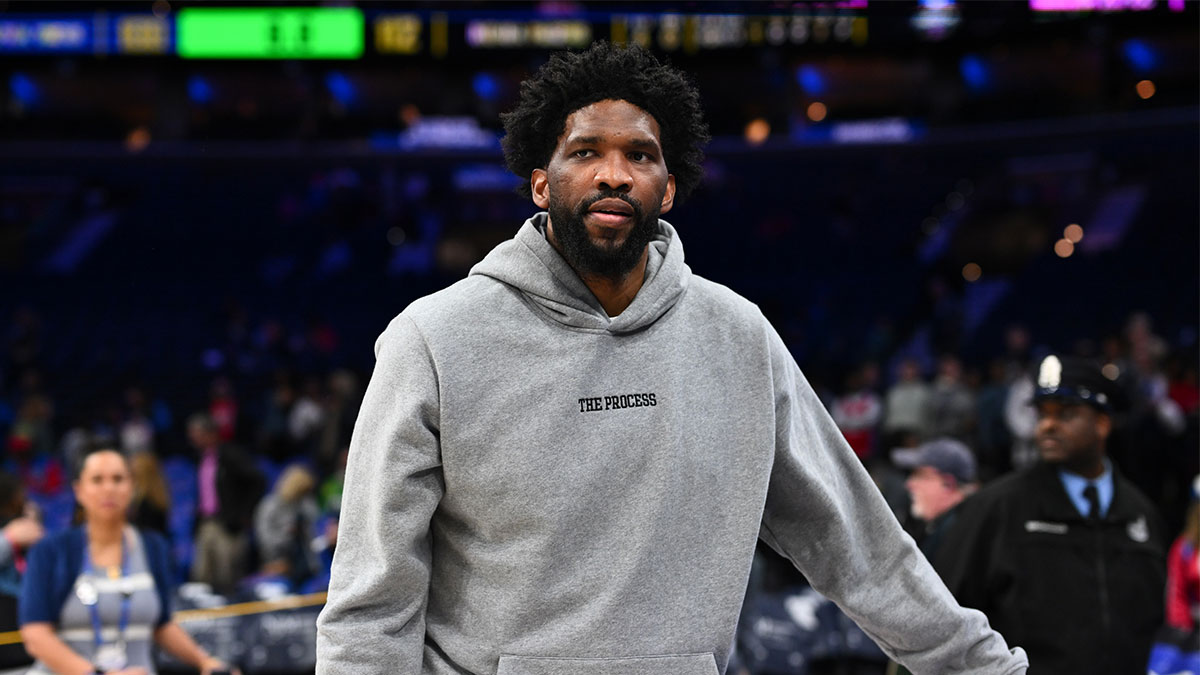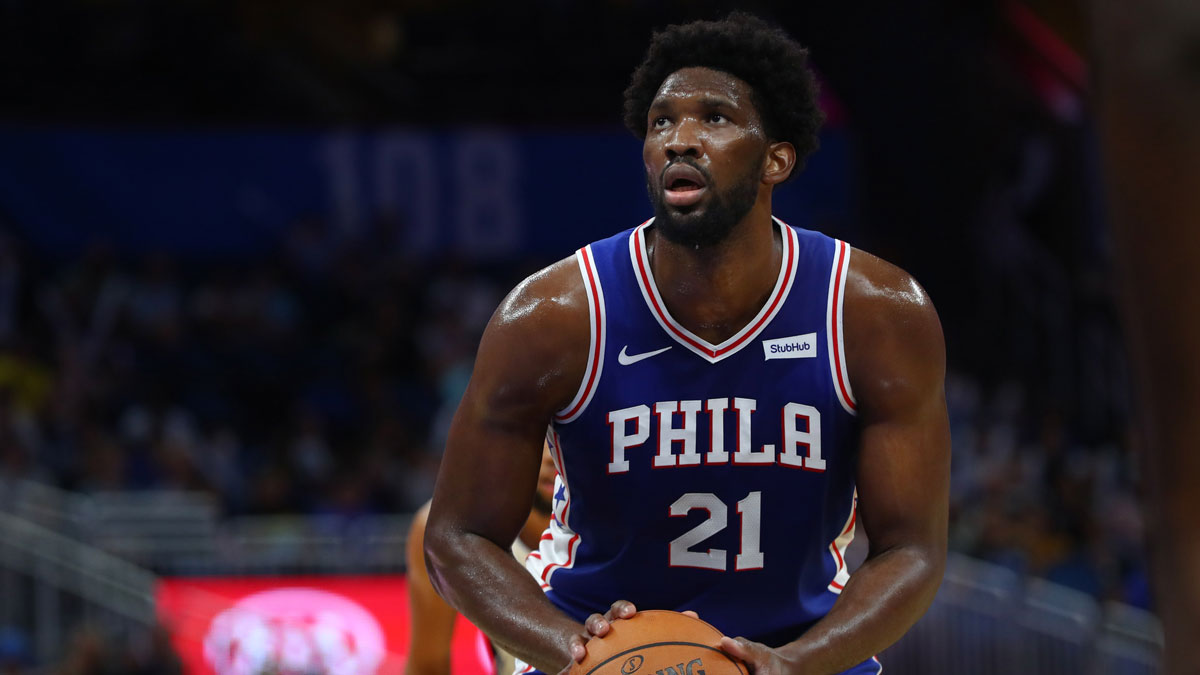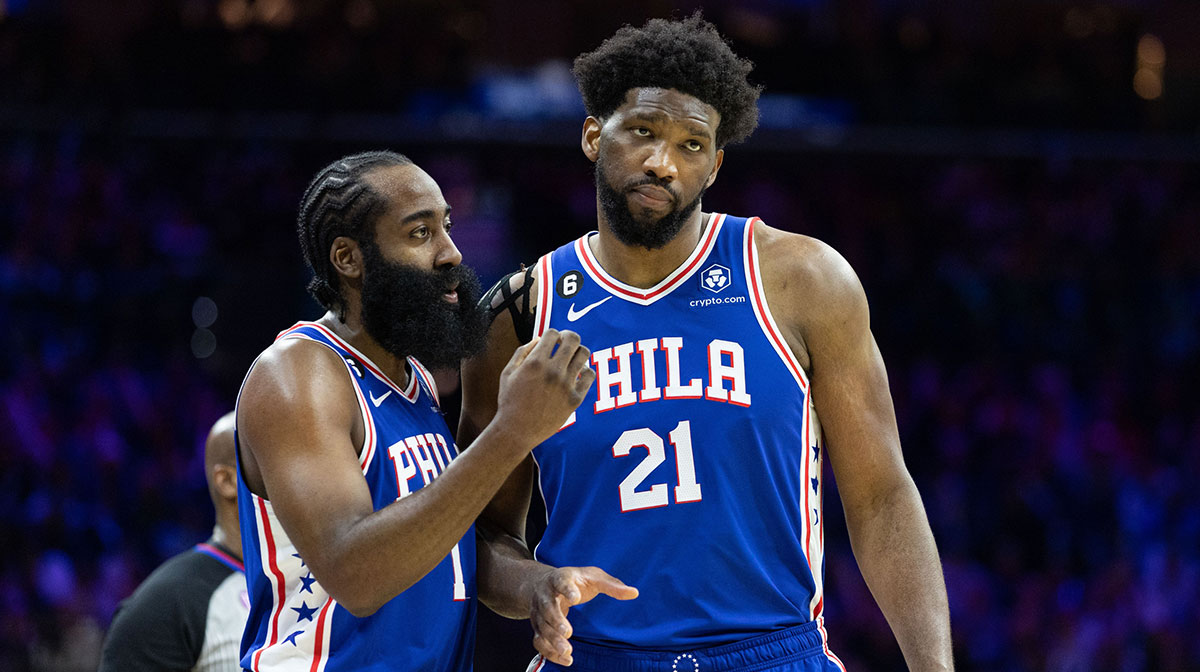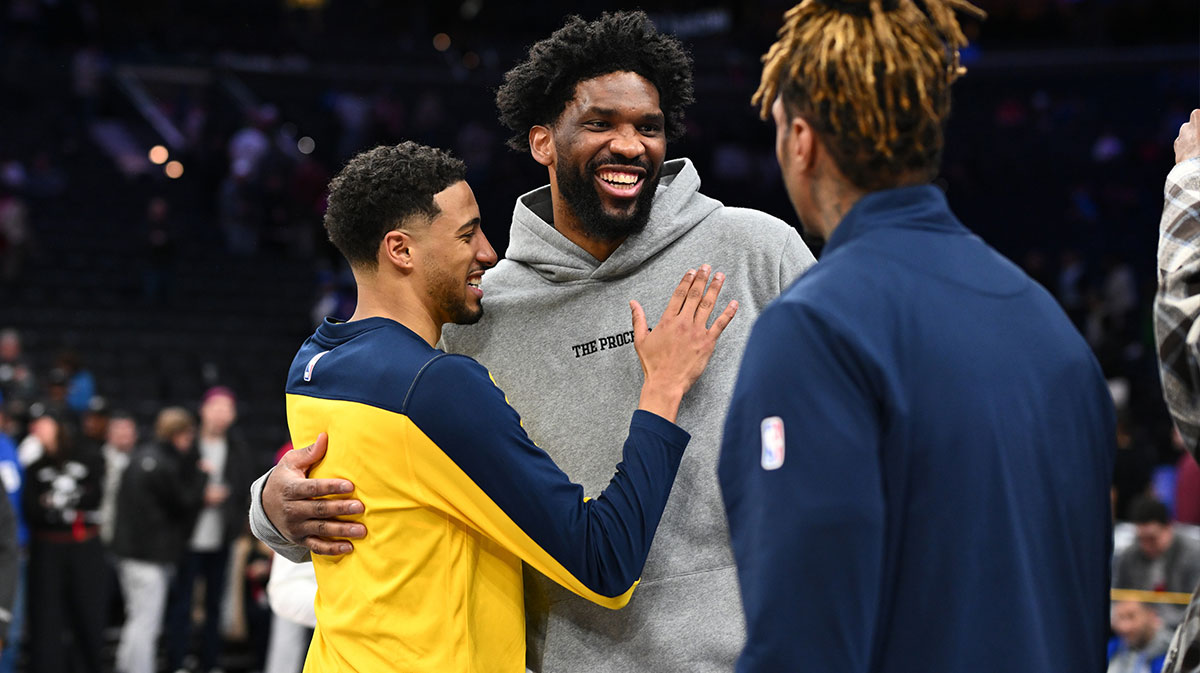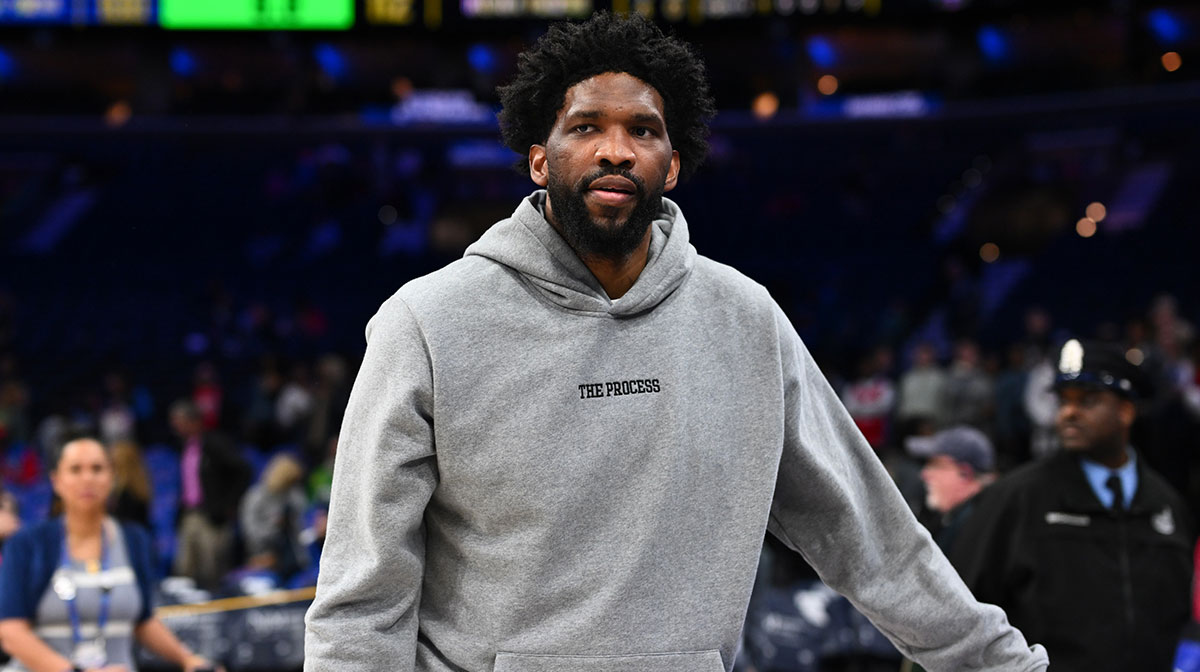The trade that sent Tobias Harris, Boban Marjanovic and Mike Scott to the Philadelphia 76ers will have massive ramifications when it comes to free agency. While the Sixers have remained optimistic of keeping a Big Four consisting of Ben Simmons, Joel Embiid, Jimmy Butler and Harris — the ambition to do so will cost them dearly and limit their championship window.
This upcoming offseason will come down to the Sixers potentially choosing between Butler and Harris — two small forwards with very different skill sets that can propel Philadelphia to become a powerhouse.
Yet Philly must make a choice first.

Keeping a Big Four together is only a win-now proposition
The Sixers could have $120 million tied up in salaries to their top four players by signing both Butler and Harris in the offseason by the start of the 2020-21 season, according to ESPN Insider Bobby Marks. That is partly due to Simmons still being on a rookie contract to lessen the brunt of the total bulk of contracts to tend to.
Embiid is by far the highest-paid player this season at $25.5 million as part of his five-year, $148 million rookie-scale extension. Simmons would be due for a similar figure in the near future, as the Sixers will have to make an offer in 2019-20 to lock him down long-term, since deploying the team-option would risk a potential departure as an unrestricted free agent.
Philadelphia only has $50.1 million in guaranteed contracts for next season and $68.5 million in free agent holds, pushing them over the cap as it is.
By signing both Harris and Butler to long-term contracts, the Sixers would make one thing loud and clear — winning time is now or never.

Signing both players to max-level contracts severely narrows a championship window
Both Butler and Harris are in their eighth year in the league and due for a similar check in a long-term contract, as both players could command a five-year, $190 million offer in the summer (Philadelphia inherited both players' Bird Rights when trading for them).
Butler has the most accolades with four All-Star selections and two All-NBA Third Team honors (2017, 2018) and he would be eligible for a supermax contract if he had been acquired during his rookie contract. Yet due to his regalia of achievements, it's unlikely that he will take anything less than the max.
Harris on the other side, could make as much money as Butler, but could also be willing to take a discount. There is bargaining power on the side of the Sixers, since he is coming off the best season of his career, yet failed to make the All-Star Game this season in a crowded Western Conference.
To keep both players, the Sixers risk either being in a Golden State Warriors-like repeater tax predicament in the next few years, forced to trade Harris or Butler once their cap is in danger of exploding out of orbit.

Harris or Butler — which should the Sixers keep?
There are benefits and consequences to making a choice for either player.
Butler is a two-way master, able to combine his scoring ability with deft passing and a defensive stopper's mentality to lead at the other side of the ball. While he's been a trusty 20-point scorer in his last five seasons, he's seen his averages drop in 32 games with the Sixers — putting up 18.9 points, 4.8 rebounds, 3.8 assists and 2.0 steals per game.
Butler is a game-changer at the defensive end, but even his presence hasn't proven able to change the defensive woes and mental lapses this team experiences from time to time.
Harris is in his eighth year in the league, just like Butler, but he is three years younger, and signing a 26-year-old wing to a max deal makes a lot more sense than doing so with a player who will turn 30 by the start of next season.
The 6-foot-9 forward is hitting his stride in the league and averaging 20.9 points, 7.9 rebounds and 2.7 assists per game, sneakily flirting with a 50/40/90 season with a strong .496/.434/.877 shooting line. Harris is no defensive stopper like Butler, but he's not a lazy defender and can play at both forward positions comfortably.
Harris has now shot over 40 percent from deep in two straight seasons and provides the much-needed perimeter scoring the Sixers have struggled to find from their starting lineup.
Another important caveat to consider is how these players fit within the system.
Butler has quickly shown he needs the ball to apply pressure on the defense and force it to collapse, making use of his ball-handling to kickstart his own offense or find his teammates open. He voiced the need for more pick-and-roll sets involving him to head coach Brett Brown, which resulted in another wave of criticism.
Joel Embiid also voiced displeasure by not getting the ball in the post and operating mostly through the high block, which happened right when Butler dominated the ball.
Conversely, Harris has shown a versatile ability to find himself open without the ball, while still having the knack for creating his own shot, whether it's by driving to the basket or finding his sweet spots on the court.
His 43.4 percent shooting from deep gives the Sixers another weapon besides J.J. Redick to snipe away from deep, without the dire need for the ball, allowing Ben Simmons to operate freely and reap the most of his abilities.
https://youtu.be/kB0H_0oI2HY?t=12
There are three factors that put Harris as the better long-term option for the Sixers.
- He's younger.
- He can be had for less than the max-level.
- He fits better with the current core and extends the team's championship window.
Harris has yet to play his first game for the Sixers, but if he plays anything like he has with the Orlando Magic, the Detroit Pistons and the L.A. Clippers (and there's nothing suggesting he wouldn't), he could be best served as the one player Philadelphia keeps this summer to continue their run as a powerhouse in the East.

